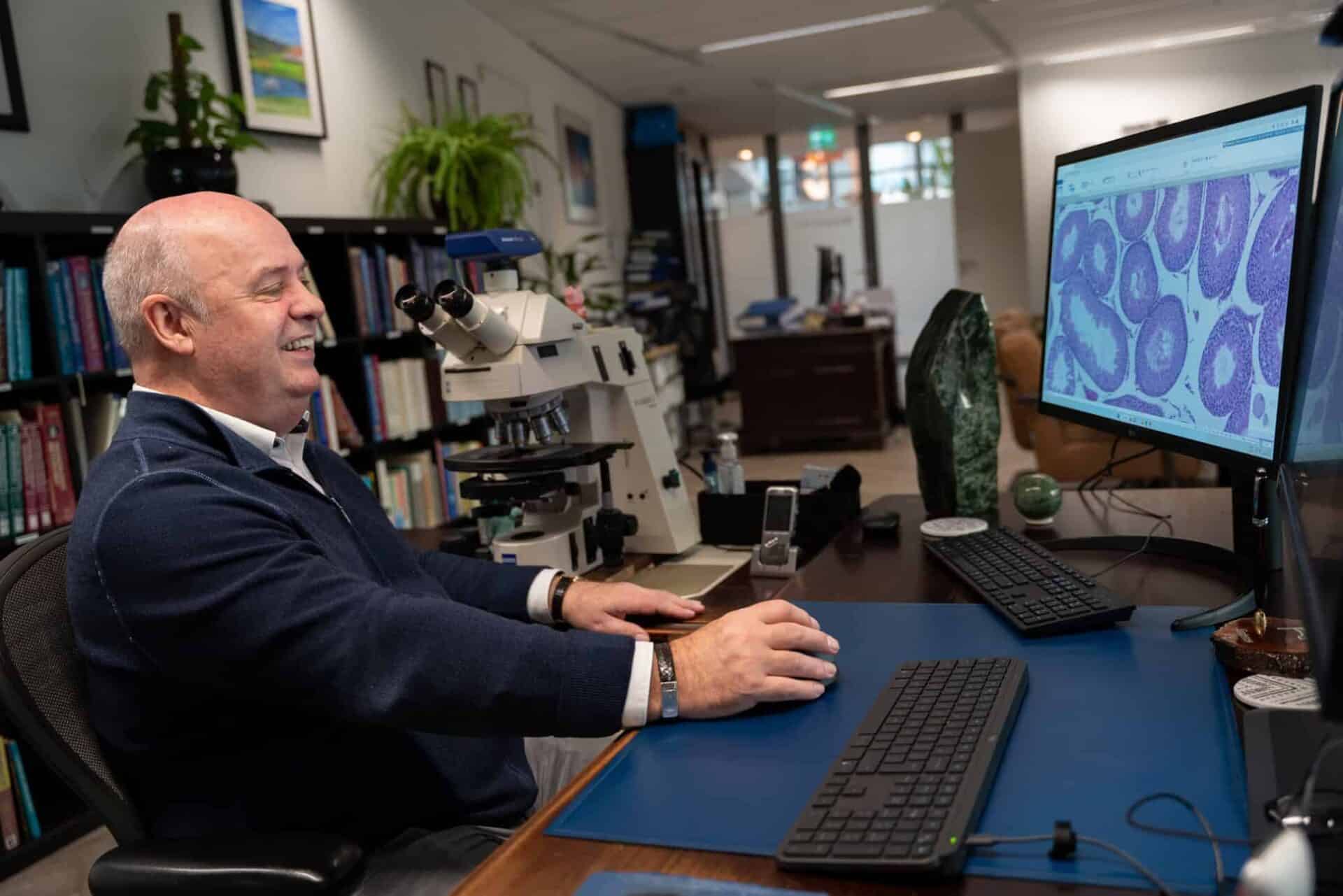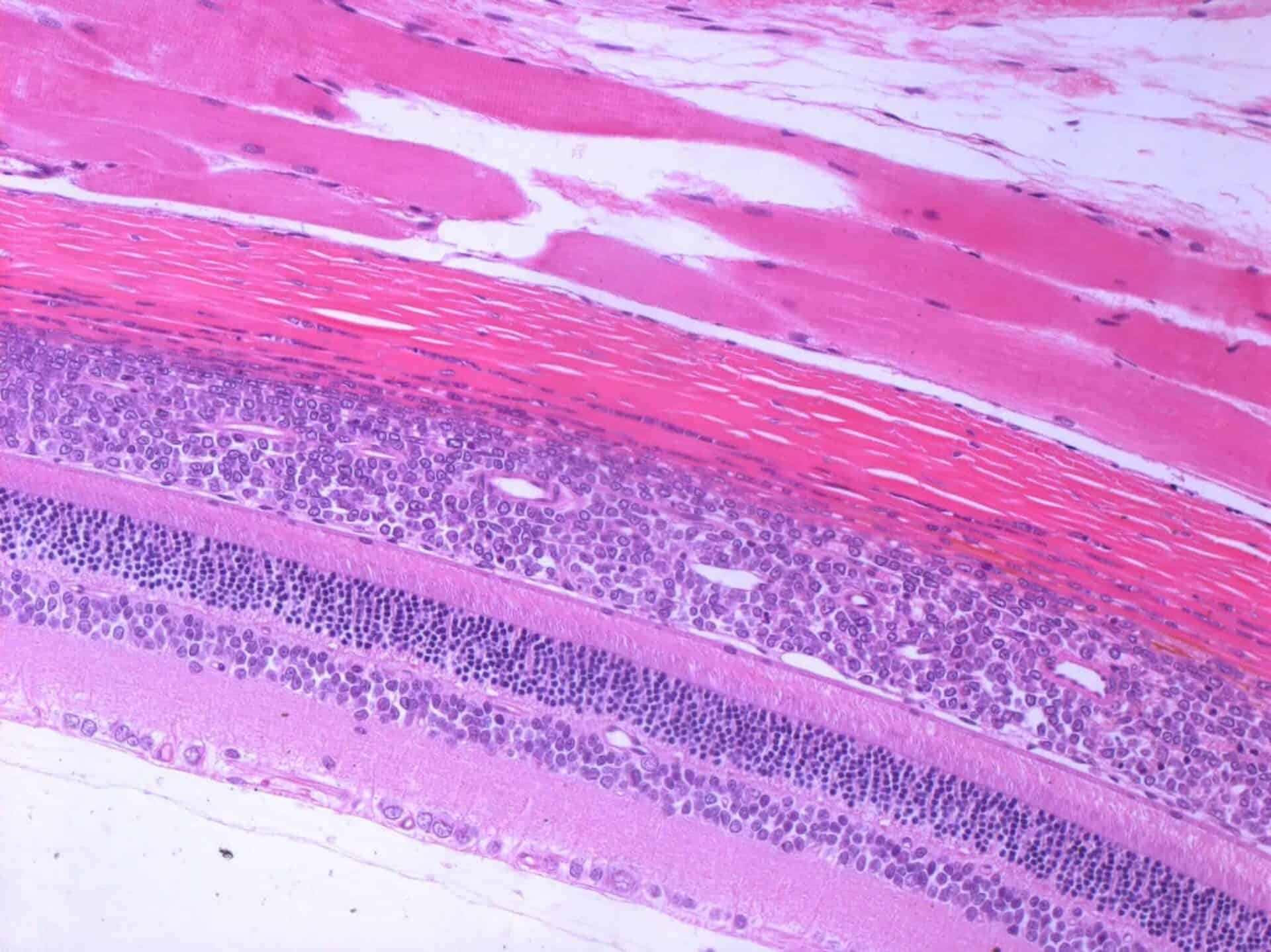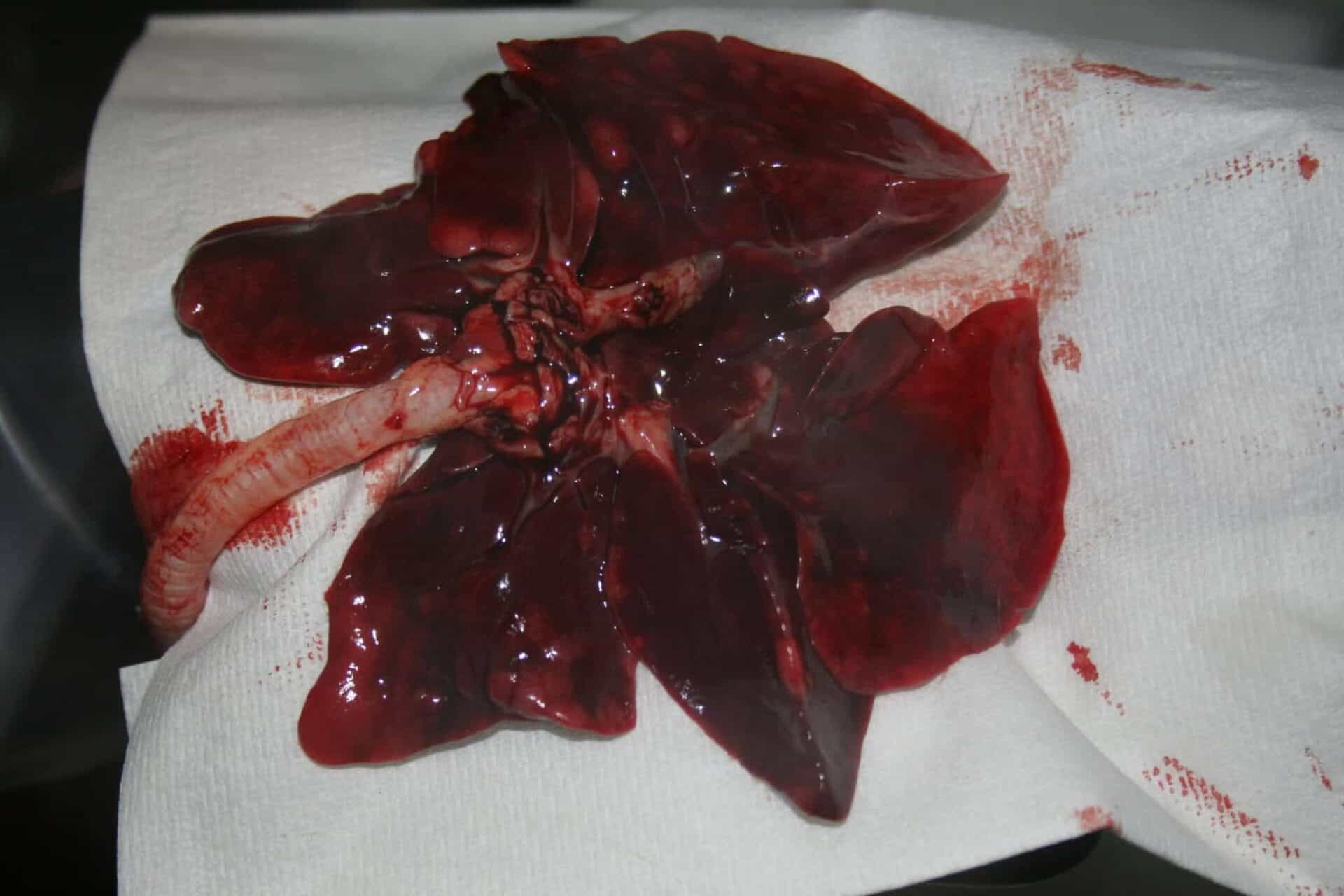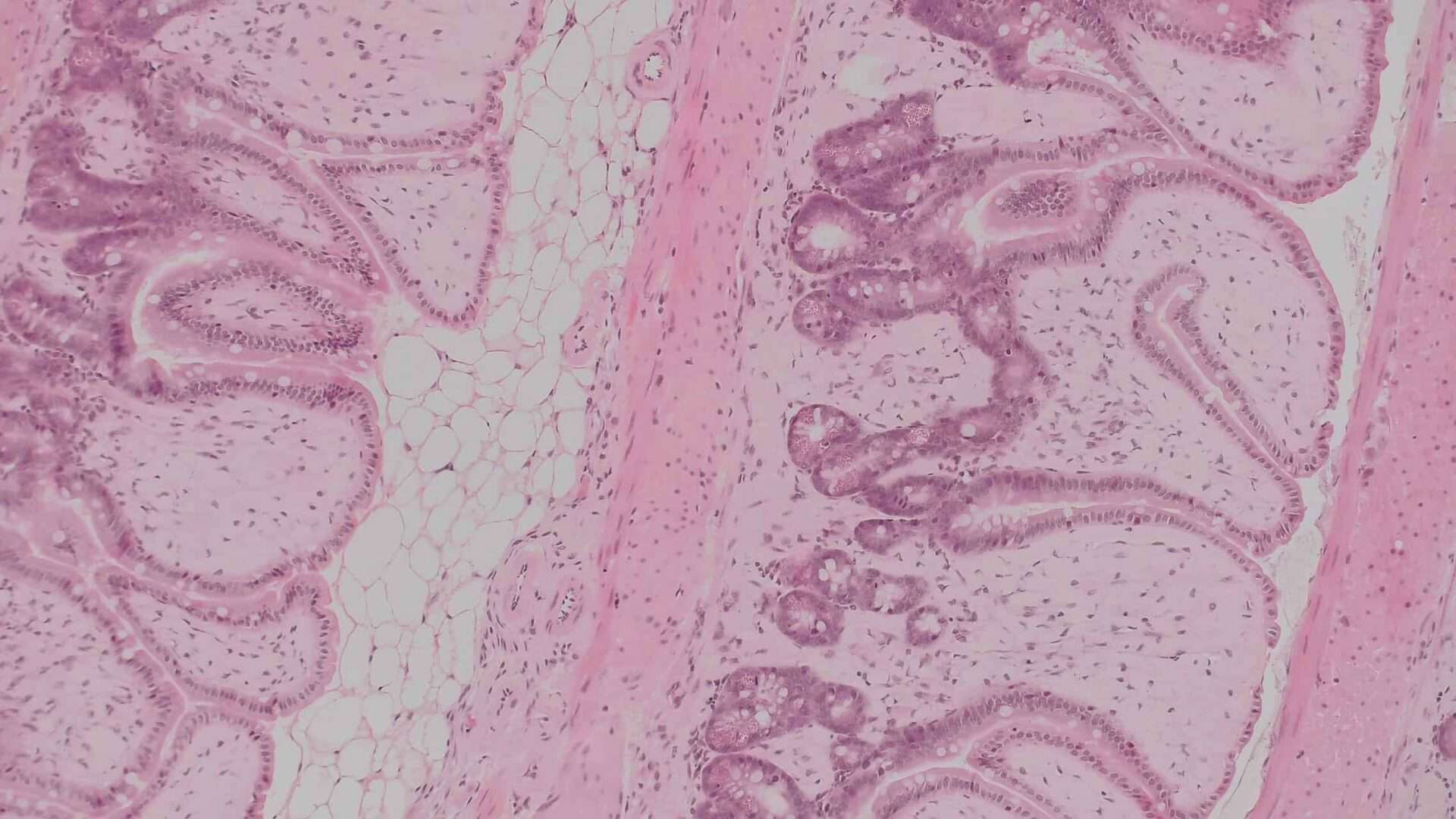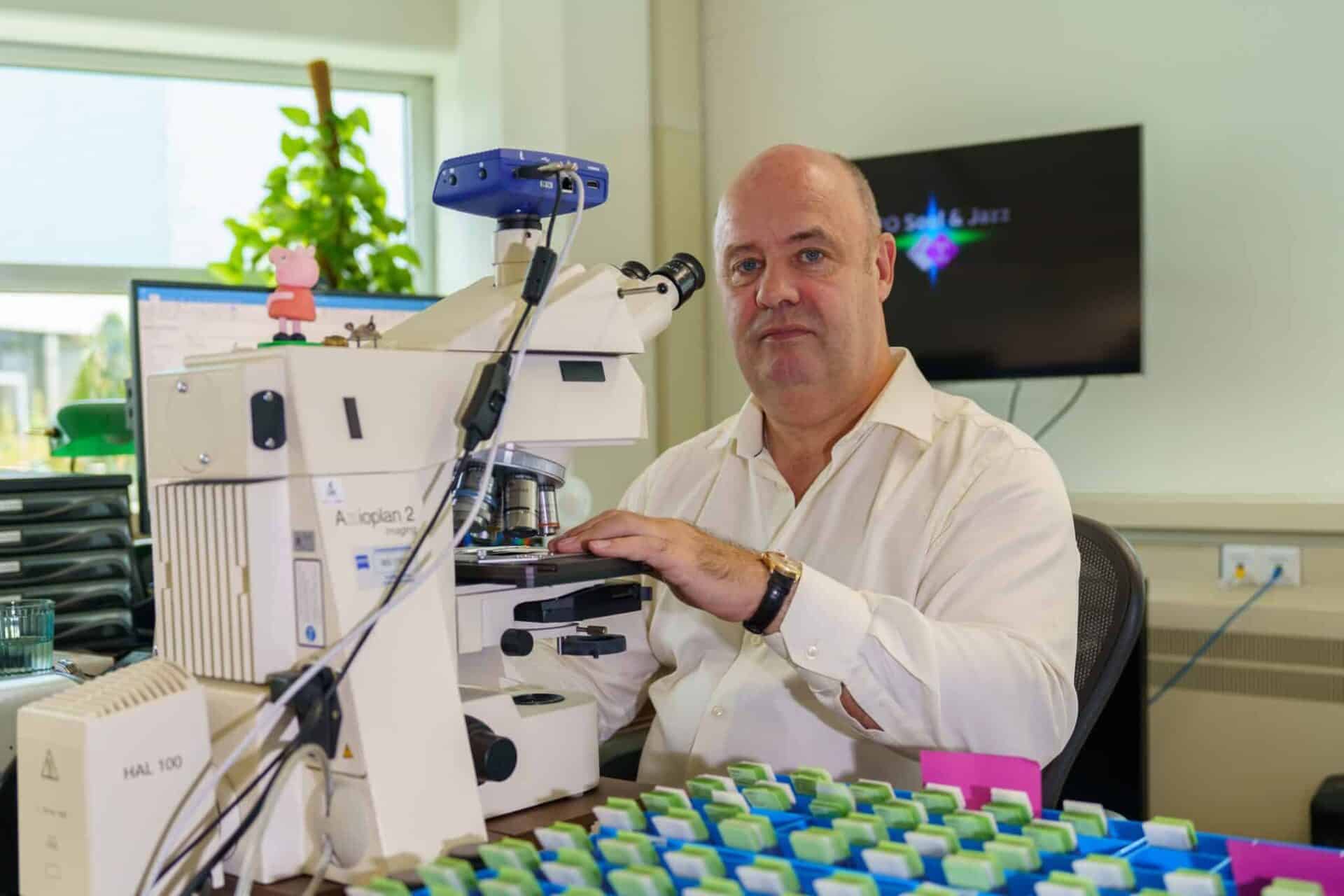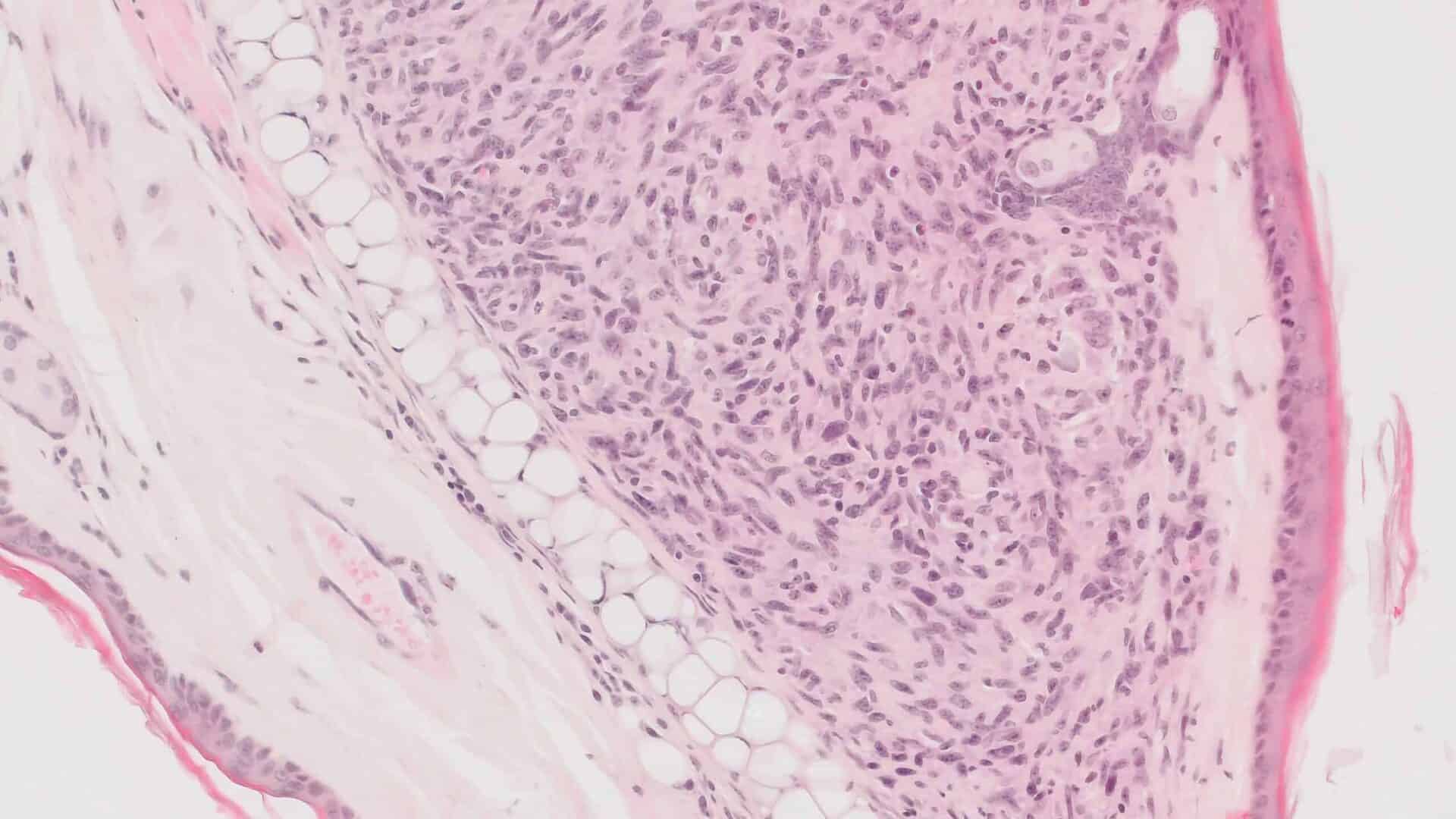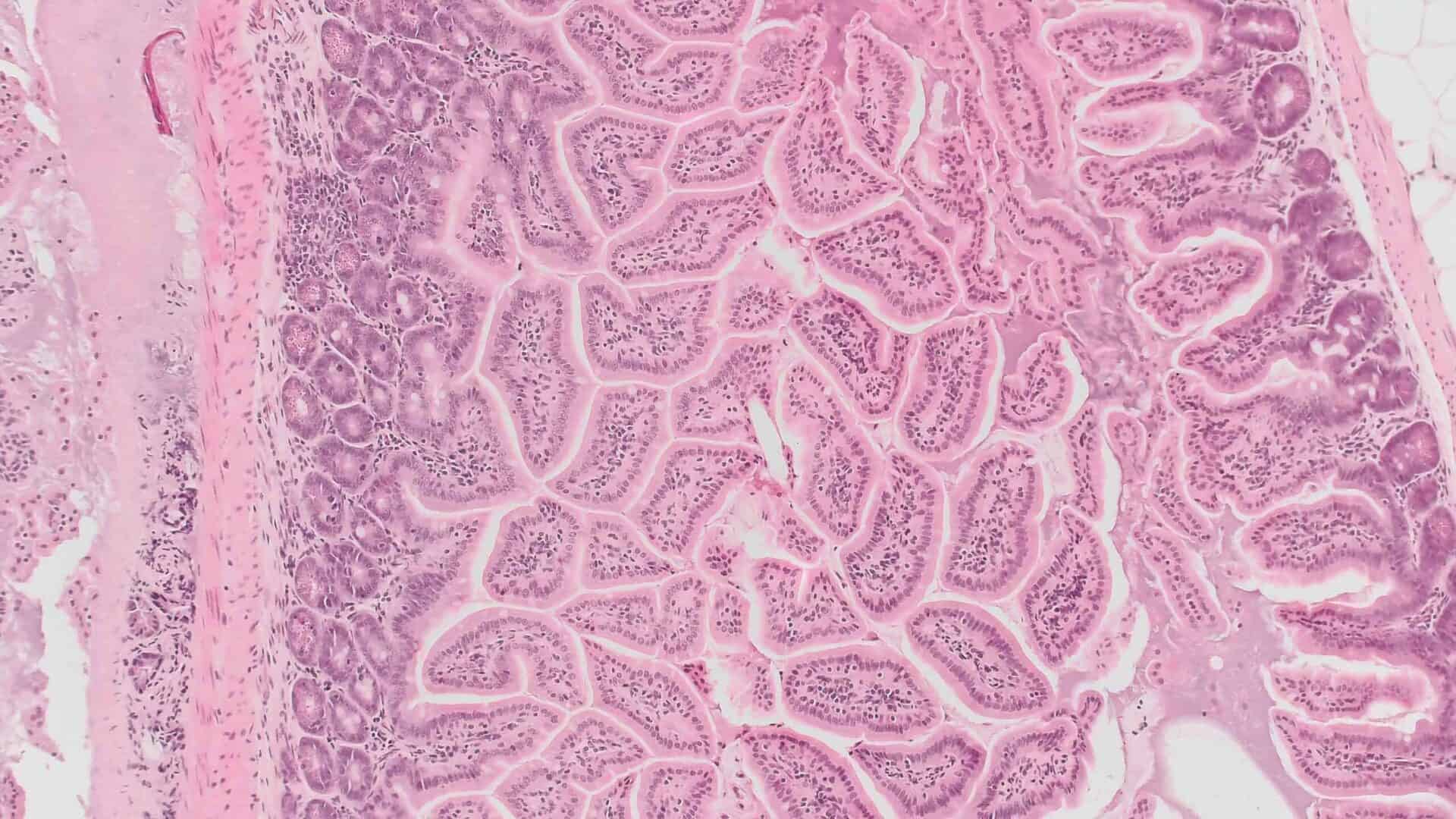About Global Pathology Support
GPS is approved by the Food and Consumer Product Safety Authority (VWA) and received the first “Endorsement of Compliance with the OECD principles of Good laboratory Practice” in 2005. This was recently granted by the IGZ (Inspectorate for Health Care) also in 2020. It is the only company in the Netherlands dedicated to this specific expertise and focuses on working with companies in the Life Science industry to support product safety.
There is also an “overload” of work with too few accredited product safety specialists worldwide. Global Pathology Support wants to grow and develop into a “Centre of Excellence” in the Netherlands and become a center for specialists in the service of safety monitoring of drugs and chemicals for humans.
Inquire about the possibilities for biopharmaceutical consulting
Call us at +31 70 3142404 and find outToxicologic Pathology
With respect to the use of drugs originating from the Pharmaceutical Industry and chemical products from the Chemical Industry, the experience of the user should be positive and the negative effects should be as slight as possible. In order to ascertain the effects, toxicological research is carried out. The aim of the research into the toxicity of substances is to prevent illness by establishing limiting values below which the health risk is negligible or non-existent.
The (toxicologic) pathologist plays a key role in assessing the safety of drugs, vaccines and chemicals. The emphasis lies on the identification of pathological changes, the assessment of the relevance of these changes, and in particular the interpretation of animal tests in terms of human application (risk assessment).
With the REACH law (EC 1907/2006) set into force on 01 June, 2007, the impact on health and environment needs additional chemical safety testing. REACH (Registration, Evaluation and Authorization of Chemicals) legislation requires pathology expertise in both acute- and repeated dose toxicity testing. GPS meets all the proper requirements for good safety evaluation of chemicals under investigation and does this according to the OECD-Guidelines in a GLP-compliant way.
Disasters during this century, for example with thalidomide (teratogenic effects) and the synthetic estrogen diethylstilbestrol in utero (carcinogenic) have taught us how important it is to be watchful for the side-effects of drugs. Also contamination of food sources by pesticides and industrial wastes needs monitoring. Examples of compounds that have been shown to be carcinogenic in experimental animals (usually at relatively high doses) and that have entered the human diet at low levels are certain pesticides (DDT and dieldrin), as well as industrial contaminants (polychlorinated biphenyls). Also the increased post-marketing withdrawal of medicinal drugs and chemicals already on the market emphasized the importance of safety assessment.
These examples underline the importance of conducting safety research before products (drugs) come into the market. Hence, the (toxicologic) pathologist has an important role to play with regard to risk evaluation as part of the integral assessment of the safety of drugs on the basis of animal testing.
The use of conventional toxicology studies with pathology is usually sufficient to predict important adverse drug affects and to support the safe use in clinical trials. Dosing rodent and non-rodent species with a new drug for up to one month identifies over 90% of adverse effects that will ever be detected in conventional animal studies. Research also pointed out that overall, true positive concordance rate (sensitivity) is about 70% with 30% of human toxicities not predicted by safety pharmacology or conventional toxicity studies. Over- and underprediction using animal toxicity also occurs. Therefore, one needs to consider the species, organ, anatomy, histology and drug class under investigation in combination with possible other organ systems involved, organ weight changes, hematology, clinical chemistry and other important data, to make proper extrapolations in safety assessment. The pathologist involved in these decision making processes therefore needs proper education (4 years post-academic curriculum as approved by the National registration committees), experience and continuous training and National Board Certification by a recognized institution.
The above illustrates the importance of the pathology work on medicinal products/vaccines, dietary components or chemicals because it can acquire a proper insight into the safety of the products under investigation when using high quality standards.
